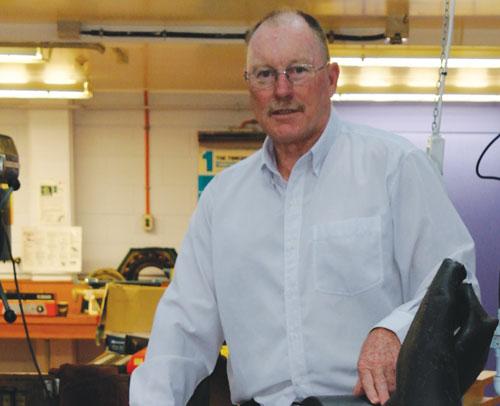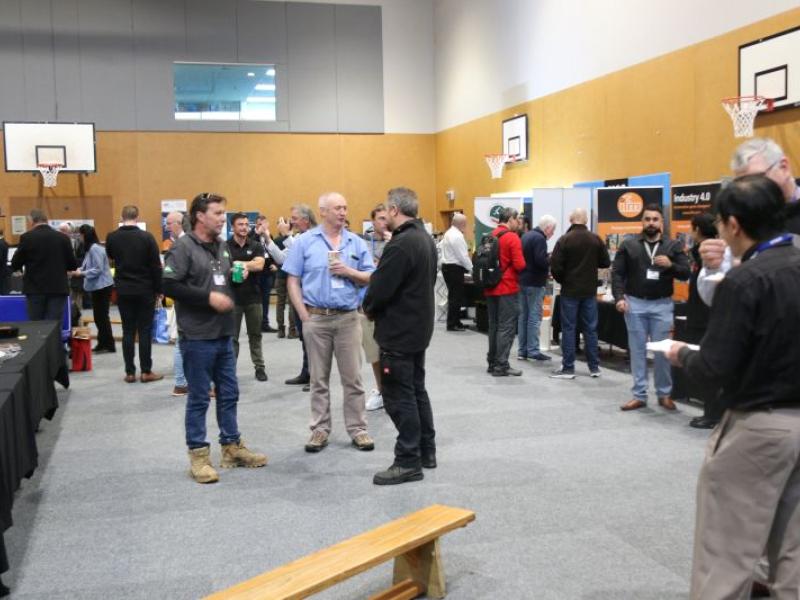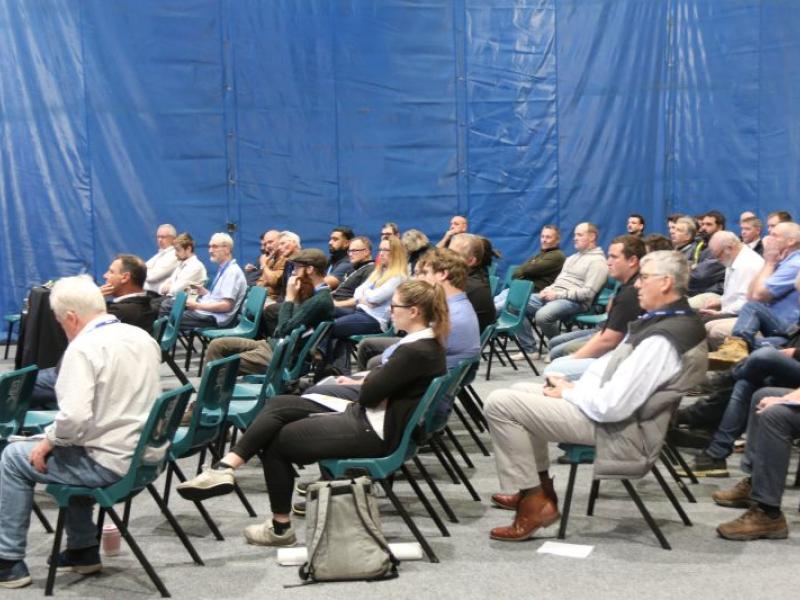Larry Wiechern, senior lecturer of engineering at the Manukau Institute of Technology (MIT), is surprised that so few people are taking part in the maintenance courses his department is running.
He says managers of engineering firm are not spending enough money to keep their staff up to speed on new developments, modern ways of working and understanding the value of routine maintenance.
“Not enough money is being spent to ensure staff are up-skilled, so that their plant operates in the most efficient manner,” he says. “This has an impact on efficiency for the companies concerned.”
For a clue as to what poor maintenance, and the use of counterfeit parts can do to a machine, you only have to visit one of Larry’s training workshops. On display you’ll find a table, and floor displays, of avoidable problems – each twisted and worn piece of metal tells a story of a costly oversight – some running into tens of thousands of dollars.
“And that cost doesn’t include downtime at the factory while the machine was out of operation,” says Larry.
“And it could all be avoided if firms would send staff to courses such as we run that tell them what to look out for, the importance of using the correct lubricants and how to be careful when buying parts,” he says.
“Not being made aware of the dangers affecting our manufacturing sector, and how to correctly avoid those pitfalls, can only be achieved by investing in training from top management, accounts managers, procurement officer’s and plant line operators.”
One of those who recommend MIT’s preventative maintenance courses is Mike Kenny, a production engineer at Electropar in Auckland.
“We have been using the preventative maintenance short courses at MIT for the past five years,” he says. “They are good for up-skilling the trades guys.
“Our staff have come back from a preventative maintenance course knowing how to do things properly.”
Mike says courses run by MIT teach people “things they didn’t know that they didn’t know”.
There also courses to teach the basics to people who work in a production workshop, but who haven’t been trained in engineering.
“On those courses people learn things such as how to clamp something correctly before drilling it for example,” says Mike. “There are basic principles for good clamping – and it is amazing how the basics get lost, or are not known, and then something goes wrong as a result. Someone can get hurt, a machine could get broken or product damaged.
“You can teach a monkey how to drill a hole, but you want it in the right place and at the right size.
“The big thing is that people can become self-supervised and rely less on more experienced staff.”
Mike talks of a recent recruit, someone without engineering training, who didn’t know the name of the tool he needed.
“He wanted a flathead screwdriver – but he didn’t know what to ask for, he didn’t know it was called a flathead,” says Mike. “So MIT’s courses do save us money and staff become far more valuable assets as a result.”
Mike believes the root cause of the problem is that schools typically do not offer metalwork lessons.
“That’s the problem,” he says. “The non-academic types, who would like to do woodwork and metalwork, don’t get that opportunity now. Some schools are starting to do trade workshops and getting kitted up, but they are few and far between.
“People entering the engineering workforce from school have zero knowledge about the trade or the tools we use.”
While Mike’s firm is able to release some staff to attend training courses during the working week, he believes evening courses would allow more people to take part.
“Manufacturing is running so tight, with lots of firms running lean, that it has been extremely difficult for some of them to release people to go on courses during the working week,” he says.
“One of our team leaders in the stores is really keen to take part in an MIT course, but he can only go in the evenings.”
That is something MIT is looking at, says Larry.
“We are starting to recognise that firms aren’t always in a position to send people to us even for half a day during the working week, so are looking at doing courses in the evenings and Saturdays,” he says. “It is something we are exploring.”
Go to www.demm.co.nz/enquiry quote DW130433






